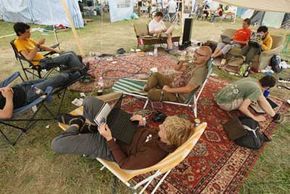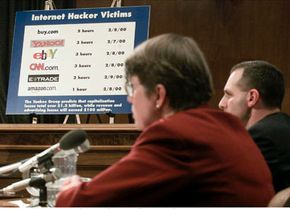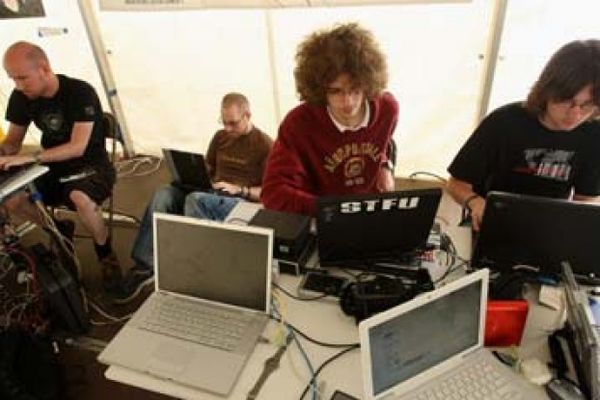Thanks to the media, the word "hacker" has gotten a bad reputation. The word summons up thoughts of malicious computer users finding new ways to harass people, defraud corporations, steal information and maybe even destroy the economy or start a war by infiltrating military computer systems. While there's no denying that there are hackers out there with bad intentions, they make up only a small percentage of the hacker community.
The term computer hacker first showed up in the mid-1960s. A hacker was a programmer -- someone who hacked out computer code. Hackers were visionaries who could see new ways to use computers, creating programs that no one else could conceive. They were the pioneers of the computer industry, building everything from small applications to operating systems. In this sense, people like Bill Gates, Steve Jobs and Steve Wozniak were all hackers -- they saw the potential of what computers could do and created ways to achieve that potential.
Advertisement
A unifying trait among these hackers was a strong sense of curiosity, sometimes bordering on obsession. These hackers prided themselves on not only their ability to create new programs, but also to learn how other programs and systems worked. When a program had a bug -- a section of bad code that prevented the program from working properly -- hackers would often create and distribute small sections of code called patches to fix the problem. Some managed to land a job that leveraged their skills, getting paid for what they'd happily do for free.
As computers evolved, computer engineers began to network individual machines together into a system. Soon, the term hacker had a new meaning -- a person using computers to explore a network to which he or she didn't belong. Usually hackers didn't have any malicious intent. They just wanted to know how computer networks worked and saw any barrier between them and that knowledge as a challenge.
In fact, that's still the case today. While there are plenty of stories about malicious hackers sabotaging computer systems, infiltrating networks and spreading computer viruses, most hackers are just curious -- they want to know all the intricacies of the computer world. Some use their knowledge to help corporations and governments construct better security measures. Others might use their skills for more unethical endeavors.
In this article, we'll explore common techniques hackers use to infiltrate systems. We'll examine hacker culture and the various kinds of hackers as well as learn about famous hackers, some of whom have run afoul of the law.
In the next section, we'll look at hackers' tricks of the trade.
Advertisement






